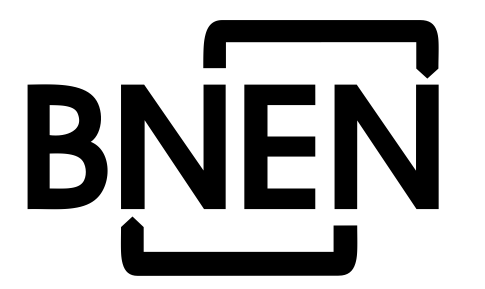Nuclear fuel cycle
Prof. Christophe Bruggeman – Université de Liège
Prof. Kevin Govers – Université de Liège
3 ECTS
90 hours study time
- 26,5 contact hours theory
- 7 contact hours exersises/laboratory sessions/visits
- 0 hours additional personal work (reading etc.)
-
To get an overall view of the fuel cycle, from cradle to grave:
- The front-end of the fuel cycle: ore extraction, conversion and enrichment, fuel fabrication
- The physical, chemical and radiological state of the fuel after irradiation
- The back-end of the fuel cycle:
- The management options for the spent fuel before disposal: interim storage and spent fuel reprocessing including advanced fuel cycle options.
- The management and disposal of radioactive waste – including the spent nuclear fuel that is considered as waste - ranging from waste characterisation, waste treatment technologies, disposal concepts, safety assessment of geologic disposal, Belgian concepts and strategies of radioactive waste management.
-
First part – The uranium fuel cycle (K. Govers)
- Description of main U minerals and deposits; description of the main techniques of exploration, ore
extraction and treatment - Theory of the symmetrical enrichment cascade; description of the conversion and enrichment
processes: gas diffusion, ultra-centrifugation, LASER-based technique,... - Description of the main commercial core designs and fuel types, and fabrication process; discussion
of the material choices. - Fuel evolution under irradiation, isotopic composition, residual heat and source term
- Theory of the counter current reprocessing scheme; description of the PUREX reprocessing process
- Reprocessing or disposal of spent fuel: overview of the possible spent fuel management strategies
Second part – The management of radioactive waste, including the spent nuclear fuel
that is considered as waste (C. Bruggeman)- Inventory and classification of radioactive waste
- Treatment, conditioning and immobilisation of radioactive waste
- Characteriszation of radioactive waste
- Management options and disposal concepts for the different radioactive waste categories
- Durability of immobilised radioactive waste
- Assessment of the safety of geological disposal (methodology; safety and performance evaluation)
- Impact of different fuel cycles on radioactive waste disposal
- Geological repositories: key criteria for designing a disposal concept, overview of ongoing international
programmes, and discussion of the Belgian supercontainer concept. - Technical visit to the HADES underground research laboratory in clay
- Description of main U minerals and deposits; description of the main techniques of exploration, ore
-
The PowerPoint presentations of the lectures and review papers are available on the BNEN website.
-
Courses in the following field
- Nuclear energy: introduction
- Introduction to nuclear physics and measurements
Basic chemistry, material sciences, nuclear physics
-
- First and second session:
- Written examination for the uranium fuel cycle part: own 1-page summary notes + nuclide chart
allowed for entire duration; 15 min open book authorized before submitting the questionnaire. - Oral examination for the radioactive waste management part (weighting factor 50%-50%);
written preparation, closed book.
In case of a failure for one of the two parts, the examination committee can decide to penalize by lowering the final grade.
- Written examination for the uranium fuel cycle part: own 1-page summary notes + nuclide chart
- Technical visits are compulsory and cannot be repeated in the second session (no report required).
- The examination of the two parts of this course can take place on two separate days.
- First and second session:
